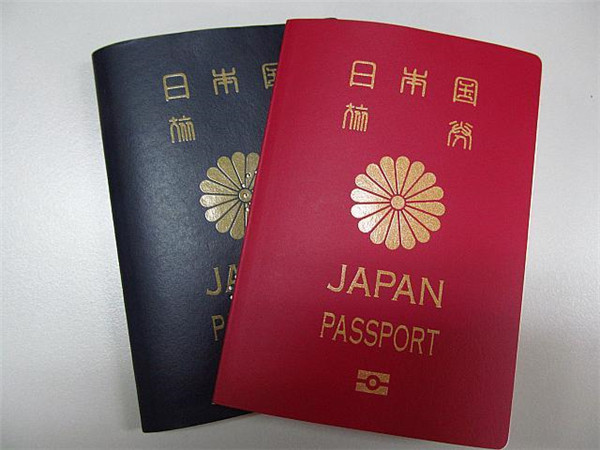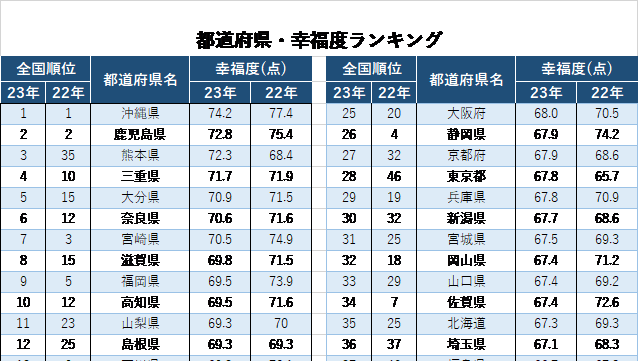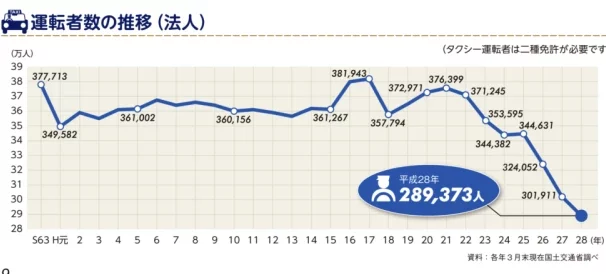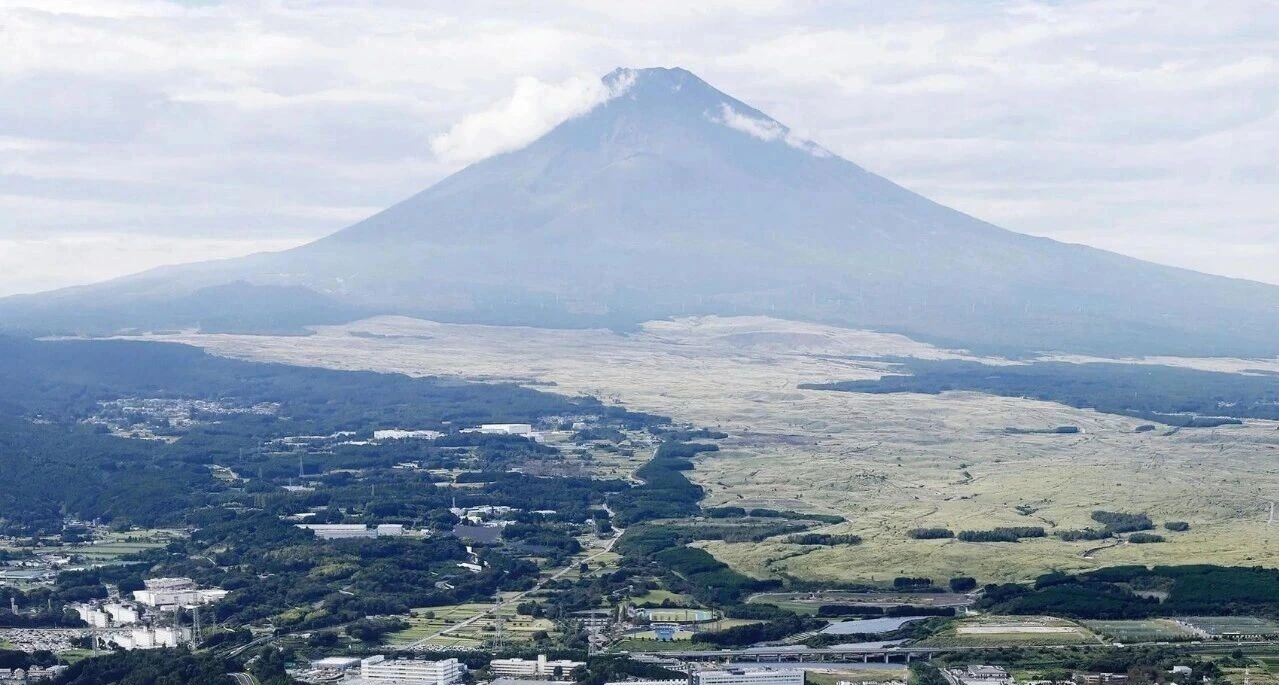The increasing trend of foreign individuals visiting, working, investing, and settling in Japan, despite it not being traditionally considered an immigrant nation, can be attributed to several advantages for foreigners:
- High Education Standards: Japan boasts a high level of education with a 100% enrollment rate in elementary education and a 9.5% enrollment rate in secondary education, ranking it first globally.
- Comprehensive Social Welfare: Japan provides comprehensive social welfare benefits, including government subsidies for childbirth.
- High-Quality Healthcare: The healthcare system in Japan is renowned for its excellence, and all residents, including foreigners, can access health insurance benefits.

Foreigners commonly choose between permanent residency (永住) and naturalization (帰化) when considering immigration to Japan. Naturalization, the process of acquiring Japanese citizenship, typically takes less time than permanent residency. Generally, naturalization requires 5 years, while permanent residency demands 10 years. Both paths may have shortcuts that can reduce the required time.
The Ministry of Justice in Japan outlines the conditions for naturalization on its official website. It's important to note that meeting these conditions doesn't guarantee citizenship; they represent the minimum requirements for considering Japanese naturalization.
1. Address Requirements:
Before applying for naturalization, a minimum residency of 5 years in Japan is mandatory. Additionally, the address must be legal, requiring a valid residency status.
Interpretation:
1)Continuity of Residence:
If there is a single continuous absence from Japan exceeding 3 months within the 5 years or an accumulated absence of over 200 days within a year, the previous years' count resets. In case of residing continuously in Japan for 10 years, only 1 year of work experience is needed for naturalization.
2)Transition from Study to Work:
Having over 5 years of accumulated study experience is insufficient for naturalization. Transitioning from study to a work visa and maintaining it for over 3 years satisfies the residency condition.
2. Ability Conditions
Applicants must be at least 18 years old, meeting the legal age defined by their home country. Note: From April 1, 2022, Japan revised the adult age standard from "20 and above" to "18 and above."
3. Behavioral Requirements:
Good behavior is essential, determined by societal norms. Factors such as criminal records, personal conduct, tax compliance, and societal contributions are considered within the context of Japanese society.
Interpretation:
No violations of the law, tax evasion, or similar conduct. Naturalization applicants must consistently pay national pension contributions. Unpaid contributions are recommended to be settled before applying for naturalization.
4. Living Conditions
The ability to live in Japan without difficulty is a criterion assessed based on the sustenance provided by relatives. Even without personal income, meeting this condition is possible if a spouse or other relatives possess the assets or skills for a stable life.
5. Prevention of Dual Nationality Conditions
Those seeking naturalization must either be stateless or, in principle, renounce their original nationality through naturalization. Exceptions exist, allowing naturalization even if the individual cannot willingly renounce their nationality.
6. Constitutional Compliance Conditions

Individuals planning or advocating violence against the Japanese government, or those forming or joining such organizations, are not permitted to naturalize.
While meeting the six conditions mentioned is generally required for naturalization, there are provisions for simplified naturalization, which include the following:
Condition 1:
- Former Japanese nationals residing continuously in Japan for over 3 years with a registered address.
- Individuals born in Japan with continuous residence of over 3 years and a registered address or having one parent born in Japan.
- Continuous residence in Japan with a registered address for over 10 years.
Condition 2:
- Foreign spouses of Japanese nationals residing continuously in Japan for 3 years with a registered address.
- Foreign spouses of Japanese nationals married for over 3 years with continuous residence in Japan for over 1 year.
Condition 3:
- Children of Japanese nationals with a registered address in Japan.
- Adopted children of Japanese nationals residing continuously in Japan for 1 year and being underage at the time of adoption registration.
- Individuals born in Japan without nationality, residing continuously in Japan for over 3 years since birth.
These are the conditions for applying for Japanese citizenship (naturalization). Additionally, there is a process called "大帰化" (large-scale naturalization), but as of now, there are no detailed cases to discuss.
After applying for naturalization, the Japanese Ministry of Justice typically conducts a thorough review lasting 7 to 12 months, including home visits. The requirements for naturalization are somewhat higher than those for permanent residency, and providing false information or extended periods of absence from Japan may lead to application failure. Keep in mind that acquiring Japanese citizenship requires renouncing Chinese citizenship; careful consideration is advised before submitting an application.





